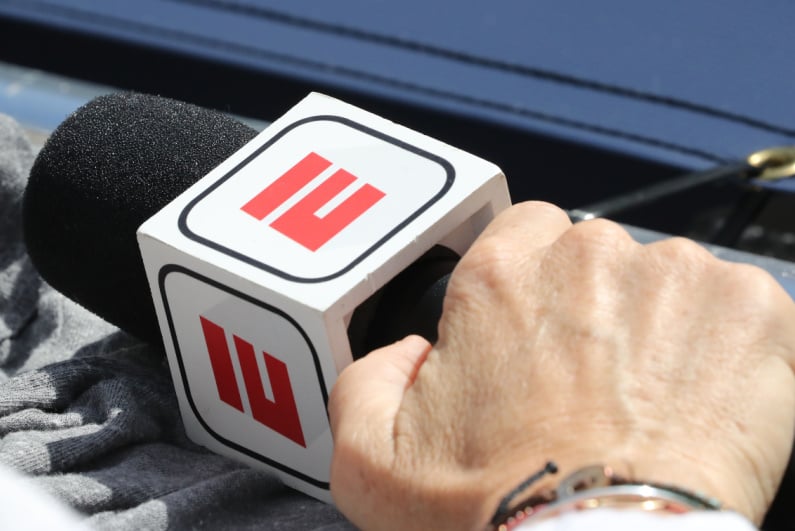World Cup dominates sports betting
Sunday’s World Cup Final between France and Argentina eclipsed all events not named the Super Bowl in multiple American sports betting records.
wagers also came from 7.9 million unique geolocations
Over 1.7 million unique users placed wagers with registered sportsbooks in the build-up to the title-deciding match between all-timer Lionel Messi’s Argentina and golden boy Kylian Mbappé’s France. Wagers also came from 7.9 million unique geolocations, roughly as many as the NBA Finals and NHL Stanley Cup combined.
The trends reflect the warming sentiment of soccer in the United States. With North America set to become the host of the next World Cup in 2026, there are signs that the Super Bowl could come under threat as the most-supported sports event.
Tracking the numbers
All of the data comes from GeoComply, a software company that tracks geolocations to prevent fraud and analyze data.
According to their data, the five events with the most geographically unique transactions are the Super Bowl (23.5 million), World Cup Final (7.9 million), NBA Finals (5.1 million), March Madness championship game (4.8 million), and Stanley Cup Final (1.9 million).
There’s a reputation that Americans don’t appreciate or enjoy soccer to the level that the rest of the world does, but GeoComply’s figures paint a different narrative.
GeoComply’s data disproves the myth that Americans are not interested in The Beautiful Game.”
“They say Americans don’t like soccer, but they certainly got a kick out of betting on the World Cup,” said Sam Basile, GeoComply VP of business development for North American gaming. “GeoComply’s data disproves the myth that Americans are not interested in The Beautiful Game.”
The World Cup Final also drew wagers from 1.7 million unique customer accounts. That, too, was second to the Super Bowl (3.1 million accounts) and ahead of the NCAA Tournament final (1.1 million), NBA Finals (1 million), and Stanley Cup Final (500,000), and also included some big-money wagers from popular online figures.
This was the first World Cup during which sports betting was legal across the country, following the Supreme Court’s 2018 nixing of the Professional and Amateur Sports Protection Act (PASPA), but there are reasons to be excited for the future of soccer betting even beyond the numbers generated by sportsbooks.
Staring into the future
One of the biggest components to the success of any business is activations, which are essentially any activity, engagement, or event that draws interest and forms a bond with a target market.
Although the most recent World Cup was halfway around the World in Qatar, it was the first where the United States, Canada, and Mexico were all present. That is crucial considering those three nations will host the ‘26 tournament and have already begun forming a rapport with their audience.
The data retrieved from the World Cup was also helped by the drama of the final match. Mbappé netted a hat trick in the second half and extra time after a dormant first half, while Messi scored two goals en route to his first World Cup winner’s medal. The match eventually ended in a shootout after a heroic save from Emiliano Martinez at the death and sent the winner’s trophy to Argentina for the first time since 1986.
noticeable spikes in bets placed around the time of all six goals
According to GeoComply, there were noticeable spikes in bets placed around the time of all six goals and during the penalty shootout. A similar pattern of spikes in user activity during scoring events can be seen in other major sports too.
The most-bet event involving the USA was a group-stage match against England, which ended in a 0-0 draw. GeoComply tracked bets from 4.3 million geographically unique locations and 1.09 million accounts.
The 2026 World Cup will take place in major venues such as AT&T Stadium in Arlington, Texas, MetLife Stadium in East Rutherford, New Jersey, Mercedes-Benz Stadium in Atlanta, Georgia, and other locations in the US, Canada, and Mexico.




